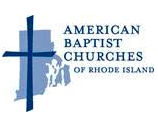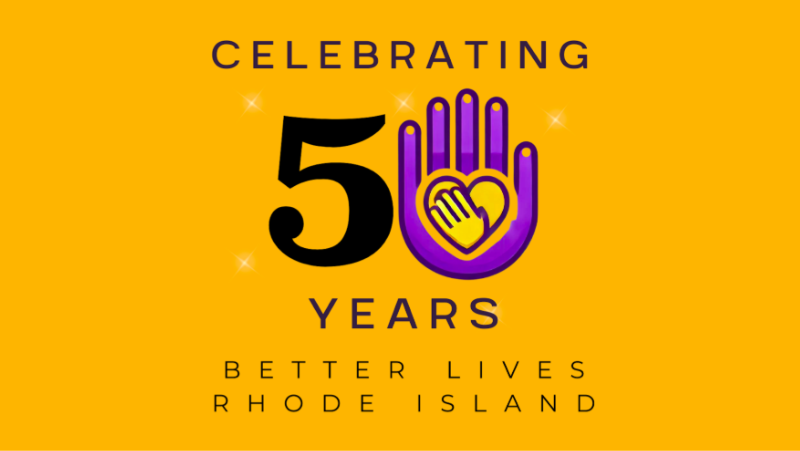Struggling with the Orlando Massacre…
A Message from ABCORI Executive Minister, Rev. Dr. Tom Wiles
All of us were shocked when we learned of the tragic shooting at the Pulse nightclub in Orlando, FL, last Sunday. The statistics are mind-numbing: 49 killed, 53 wounded, hundreds terrorized. In the wake of this senseless and tragic event we have prayed and we have grieved. We have shouted and we have sat in silence. We have read and heard thousands of words of blame, of outrage, of inquiry, and of partisan posturing. Some of the words have been helpful and hopeful. Some have been otherwise.
There are many with more information and more wisdom than I who have offered insight and direction to our country and our culture in the face of such events. I am thankful to our ministry partners both locally and nationally who have shown courage and leadership through their public statements over the last week. I have been particularly moved and encouraged by several statements issued by some of our American Baptist leaders. I am proud of the Social Witness Team of our American Baptist Churches of Rhode Island for joining other faith leaders, including the Rhode Island State Council of Churches as well as Christian, Muslim and Jewish groups as a signee to the statement penned by The Religious Coalition for a Violence-Free Rhode Island.
This tragedy strikes at the heart of key fault-lines of fear and hate in our culture. Both the LBGTQ and Muslim communities in America live within a context of ongoing threats borne of the hatred that is often communicated in social and public media. Children and fellow citizens have become victims of gun violence which unfortunately seem to merely fuel more rancorous (and predictable) debates concerning competing interpretations of the 2nd Amendment rather than wise and judicious discussions about building a society that is safe for all.
What is true in our society, is also true in our denomination and our churches. There are disagreements and varieties of positions concerning LBGTQ rights, Islam and its relationship to other religious traditions, and the balance between the constitutional right to “bear arms” and appropriate controls to such rights. But, in God’s name, these disagreements must not become lines of fear and hate among us. When our culture and communities are being shaped by hateful rhetoric and punctuated as literal battlefields, we must learn to speak with both love and wisdom. Is it possible that one of the great tasks of the Church in America is to model civil discourse? Can we, as American Baptists learn to listen and speak with respect and love as well as with conviction and wisdom? Our conversation and concerns must be shaped more by the Reign of God than the domination of our cultural wars. Or, even better said, “Do not be conformed to this world, but be transformed by the renewal of your minds, so that you may discern what is the will of God—what is good and acceptable and perfect.”
Lord, have mercy.
![]()








